The games industry has been navigating turbulent waters recently, with layoffs, studio closures, and funding challenges becoming increasingly common. Enrique Fuentes, CEO and co-founder of Teravision Games, felt this turbulence acutely following the release of their asymmetrical horror game, Killer Klowns From Outer Space, inspired by the 80s movie. Despite positive reviews (IGN rated it a 7, praising its entertainment value) and high viewership for its trailers, Teravision faced difficulties securing a new project in the challenging landscape of 2024.
Fuentes noted, "As you know, 2024 was a pretty tough year for the whole industry. So it was a little bit slow for us to close our next project." Despite collaborations with major names like Disney, Nickelodeon, and Xbox, finding a follow-up to Killer Klowns proved challenging. With time running short, Teravision, leveraging their two decades of industry experience, turned to an innovative solution: developing games within Fortnite using Unreal Engine for Fortnite (UEFN). Within a year, they released three UEFN games and are launching their fourth today, Courtyard King, which utilizes the official The Walking Dead content pack in UEFN.

Courtyard King, developed in collaboration with Skybound, the company co-founded by The Walking Dead creator Robert Kirkman, is a King of the Hill-style multiplayer PvPvE game set in the iconic prison from the series. Players battle each other and NPC zombies to control territory, using official The Walking Dead assets including models of Rick Grimes, Negan, and Daryl Dixon. Teravision also worked with Skybound's writers to develop the game's story and dialogue, adding depth to the gameplay experience.
Fuentes reflects on the shift to UEFN, saying, "Instead of a multi-year project like Killer Klowns From Outer Space, these are projects that we could put together in weeks or months... We have worked with big brands in the past… and UEFN was something that we were experimenting with… but we never imagined that was going to be the route where we’re going to be engaging with a company like Skybound." He highlights the rise of user-generated content (UGC) as a significant trend in gaming, fueled by platforms like Fortnite and Roblox.
UGC, traditionally created by end-users, is now being explored by professional studios like Teravision, with Fortnite's Unreal Engine 5-based tools providing a conducive environment for experienced developers. Fuentes explains, "It made sense because we come from an engineering background and it was a platform where we could experiment in and assume some of the risk."
Teravision's foray into UEFN resulted in the successful launch of Havoc Hotel, a roguelike shooter set in a hotel, which has evolved into a popular series within Fortnite. Havoc Hotel 3 is now one of Fortnite's most-played games.

Martin Rodriguez, a game designer at Teravision, notes that transitioning from Killer Klowns developed in Unreal Engine to UEFN was seamless, thanks to the familiarity with the engine and the streamlined processes of UEFN. "For us, it just removes some of the work that we would’ve done otherwise and allows us to focus on just making better games and explore different new creative ideas," Rodriguez states.
The shift to UEFN presented unique challenges for the game design team, as LD Zambrano, Teravision's creative director, discovered. UEFN games differ from traditional games, often focusing on context and unique interactions rather than clear objectives. Zambrano likens the experience to a school yard, where players engage in spontaneous and sometimes nonsensical games that foster friendships.
Courtyard King embodies this concept as an infinite game, with no definitive end to rounds. Players can join or leave at any time and switch teams, creating dynamic gameplay filled with potential betrayals, reflecting the unpredictable nature of The Walking Dead.

Fuentes sees UEFN as a promising future for game developers, offering a sandbox environment within larger platforms like Epic Games or Roblox. It allows studios to experiment without exhausting their funds while tapping into a vast player base and utilizing significant IP assets. "We can actually assume the risk as an indie developer in [UEFN]. Because last year, we couldn’t even think about starting a three-year project. We could do something in a few weeks with a smaller team and that completely changes the paradigm for a new developer," Fuentes explains. He believes this model supports an 80-person studio like Teravision and opens up new possibilities for indie developers, turning their dreams into reality within weeks or months rather than years.

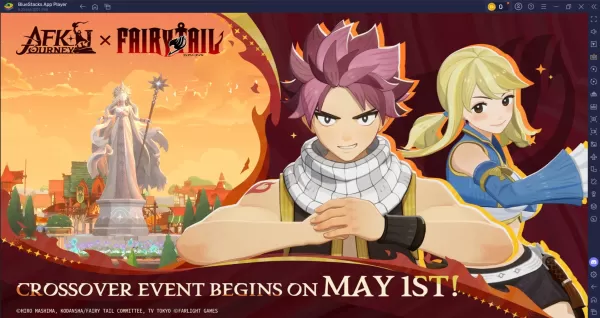


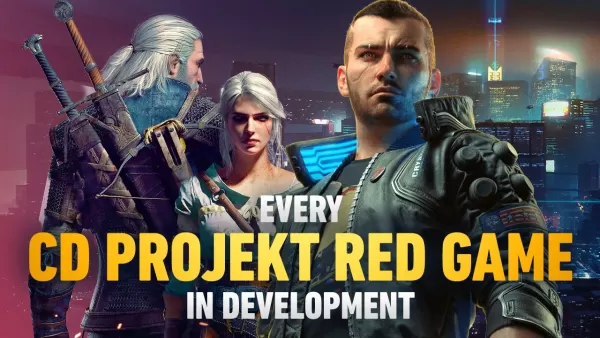



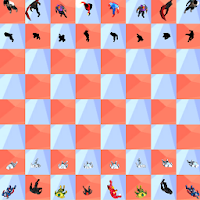

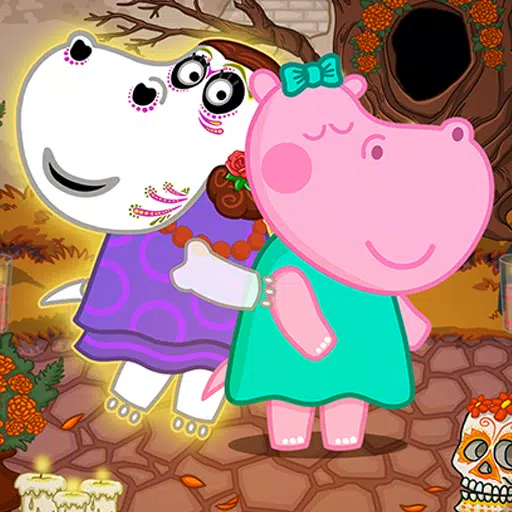


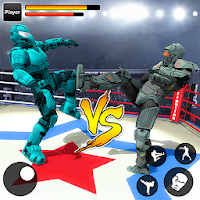







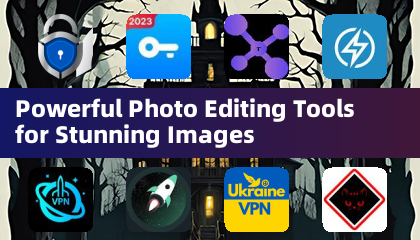
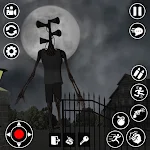



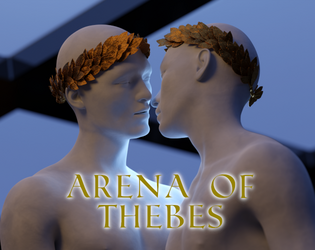
![City Devil: Restart [v0.2]](https://img.icssh.com/uploads/38/1719554737667e52b102f12.jpg)

